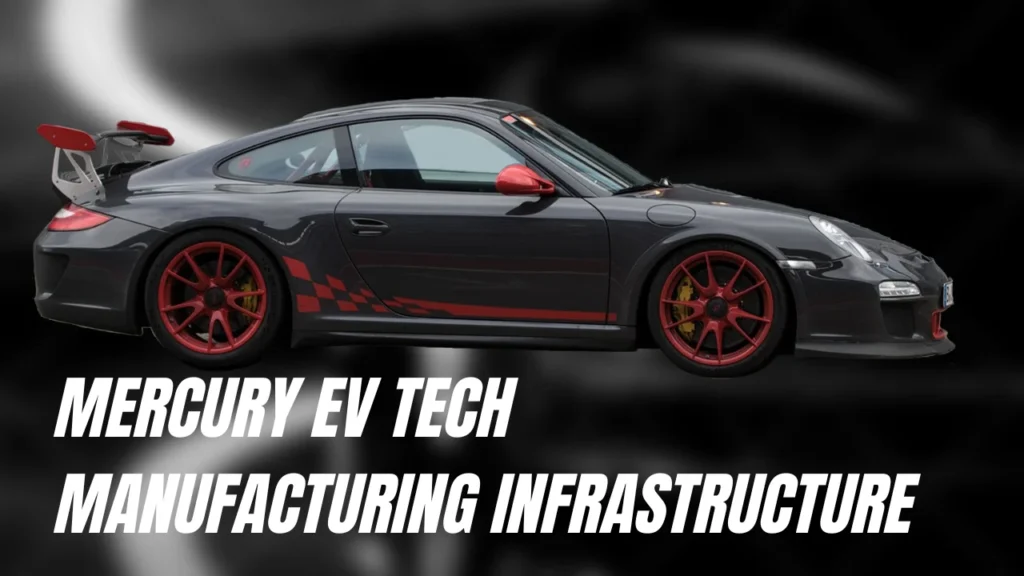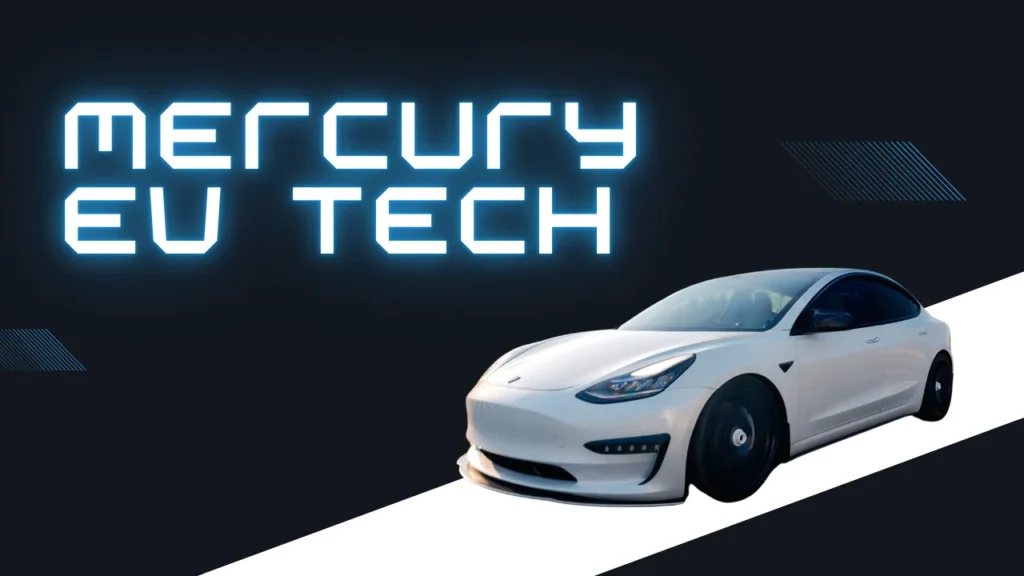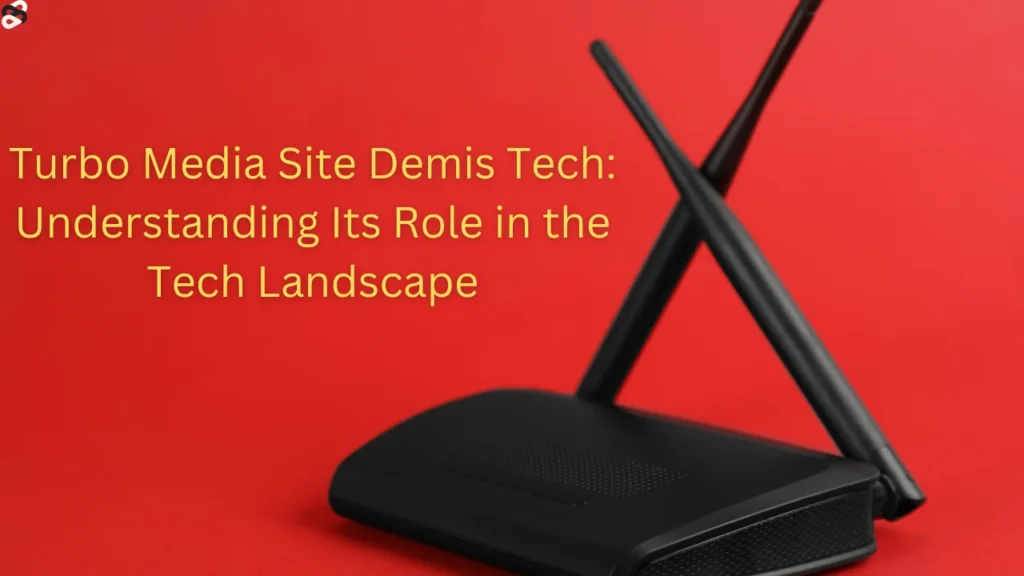Mercury EV Tech is rapidly gaining popularity as a trusted name in India’s growing electric vehicle (EV) market. With a focus on innovation, sustainability, and affordability, the company has positioned itself as a key player in the EV industry. From passenger vehicles to advanced lithium-ion battery manufacturing, it is covering all major aspects of electric mobility.
Read More About Tech and Health at Aiotechnical.com
What is Mercury EV Tech?
It is an Indian electric vehicle company based in Vadodara, Gujarat. The company was originally established in 1986 and has since transitioned into the EV sector. Today, it offers a complete range of electric vehicles and components. The company aims to help India reduce pollution and become self-reliant in clean energy transportation.
It manufactures both passenger and commercial electric vehicles. It also develops EV components like motors, controllers, and lithium batteries. Their products are used for urban transport, delivery services, and personal mobility. Their goal is to make electric transport affordable and accessible to the common man.
Also Read: Reliable Tech Park: A Hub for Businesses in Navi Mumbai
Product Range
It designs various vehicles that meet different transportation needs. The company produces two-wheelers, passenger cars, and small commercial vehicles. Their vehicles are fully electric and designed for high performance.
| Vehicle Type | Product Name | Use Case | Battery Type |
|---|---|---|---|
| Passenger Car | Limosa | City travel and daily commute | Lithium-Ion |
| Commercial Loader | Kalaghoda | Goods transport in cities | Lithium-Ion |
| Mini Truck | Mushak | Light cargo for small businesses | LFP or NMC |
| Electric Three-Wheel | Tejashvi & EZ | Urban short-distance rides | Lead Acid or Li-ion |
All vehicles come with regenerative braking, LED lighting, and digital dashboards. The batteries are swappable in some models, which reduces downtime.
Advanced Battery Manufacturing
In April 2025, it launched a major battery manufacturing facility in Vadodara. This was done through its subsidiary company, PowerMetz Energy Pvt. Ltd. The plant has a production capacity of 3.2 gigawatts and uses advanced technologies to produce high-performance batteries.
This facility focuses on lithium-ion batteries using LFP (Lithium Iron Phosphate) and NMC (Nickel Manganese Cobalt) chemistry. It also produces sodium-ion batteries and supercapacitor modules for energy storage and vehicle acceleration. This helps it offer long-range and high-efficiency vehicles.
| Battery Type | Feature | Benefit |
|---|---|---|
| LFP | Long cycle life, thermal safety | Ideal for commercial EVs |
| NMC | High energy density | Better range for personal EVs |
| Sodium-Ion | Affordable, non-toxic | Suitable for rural mobility solutions |
| Supercapacitors | Fast charging, high power burst | Useful for energy recovery and braking |
Mercury EV Tech Manufacturing Infrastructure

It operates out of Vadodara but plans to expand to other Indian cities. Their factory uses Cationic Electro Deposition (CED) coating to improve corrosion resistance in their vehicle chassis. This ensures longer life and better reliability.
The company also has research and development (R&D) centers in Vadodara and Hyderabad. These centers focus on designing lightweight frames, efficient electric drivetrains, and smart control systems for future vehicles. They are investing heavily in automation and testing to improve both quality and safety.
Also Read: Global Village Tech Park: A Thriving IT Hub in Bengaluru
Market Presence and Growth
It is listed on the Bombay Stock Exchange under the code 531357. In 2024-2025, its stock price rose dramatically due to increased investor interest in EVs. The company’s market cap crossed ₹1,460 crore in early 2025.
Analysts credit this growth to the company’s strong order book and battery manufacturing deals. It secured a large government contract for supplying EV loaders to urban municipalities. Their focus on localization also aligns with India’s “Atmanirbhar Bharat” mission.
Achievements
It has received several recognitions and milestones in recent years. These include:
- Launching India’s first micro-EV for Tier-2 and Tier-3 cities.
- Setting up one of the country’s largest battery plants.
- Growing their share price by over 2700% in one year.
- Introducing fast-charging commercial loaders with 200 km range.
They were also featured in the Bharat Mobility Expo 2025, where they showcased futuristic concept EVs with AI-based route optimization and solar charging capabilities.
Commitment to Sustainability
The core mission of it is to support clean and green transportation. The company avoids using rare-earth materials where possible and relies on recyclable batteries. They also follow sustainable manufacturing practices like:
- Solar-powered assembly lines
- Use of eco-friendly paint in vehicle bodies
- Water recycling and rainwater harvesting at their facilities
Their electric vehicles produce zero tailpipe emissions, which helps reduce city pollution and supports India’s environmental goals.
Why Mercury EV Tech Invested in Sodium-Ion Batteries
It is a rising name in India’s electric vehicle space, has made headlines by expanding its battery production to include sodium-ion batteries. This bold move showcases the company’s long-term vision for affordability, sustainability, and innovation in electric mobility. Let’s dive into the reasons why it has chosen to invest in this next-generation battery technology.
Reducing Dependence on Lithium Imports
One major reason Mercury EV Tech invested in sodium-ion batteries is to reduce India’s reliance on lithium imports. Lithium is scarce in India and heavily sourced from countries like China, Australia, and Chile. This dependency poses risks related to pricing, availability, and geopolitical tensions.
By switching to sodium, which is abundantly found in India and across the globe, it is promoting resource independence and self-reliance. Sodium-based energy storage also aligns with India’s “Atmanirbhar Bharat” (self-reliant India) mission, which focuses on boosting domestic capabilities.
Cost Advantage and Affordability
Affordability is a key driver in it’s strategy, especially for rural and semi-urban markets. Sodium-ion batteries are significantly cheaper to produce compared to lithium-ion batteries. Sodium is extracted from sea salt and minerals, making it low-cost and widely accessible.
By reducing battery production costs, it can offer more affordable electric vehicles, making clean mobility accessible to more people. This cost advantage is especially important for commercial EVs, electric loaders, and micro-EVs where price sensitivity is high.
| Feature | Advantage for Mercury EV Tech |
|---|---|
| Abundant Raw Material | Reduces dependency on lithium and cuts down material costs |
| Lower Cost | Makes EVs more affordable for Indian consumers |
| Better Thermal Stability | Improves vehicle safety in high temperatures |
| Environmental Friendliness | Easier recycling, lower environmental impact |
| Suitable for Grid Storage | Supports rural energy access and solar integration |
Government Support and Industry Effect
It benefits from several Indian government incentives for EV production. These include the FAME II subsidy scheme, which offers financial assistance for EV buyers and manufacturers. The company also works closely with state transport departments to deploy electric rickshaws and loaders.
The company’s battery division is seen as a strategic asset for India. By manufacturing cells locally, it reduces the country’s dependence on imports from China or South Korea. This gives India a strong position in the global EV supply chain.
Also Read: B.Tech Food Technology: Course and Career Opportunities
Vision for the Future
It plans to introduce autonomous electric cargo vans in 2026. These vans will be equipped with GPS, AI-based safety alerts, and remote diagnostics. They are also working on hydrogen-electric hybrid vehicles for intercity transport.
The company wants to become a global EV exporter by 2030. To achieve this, they aim to:
- Set up export hubs in South Asia and Africa
- Partner with European battery recyclers
- Launch mobile EV service vans for rural areas
Their vision combines technology, affordability, and sustainability to create a better future for transportation.
Comparison With Other Indian EV Brands
It competes with several well-known EV brands in India. Here’s a quick comparison:
| Feature/Brand | Mercury EV Tech | Ola Electric | Tata Motors EV | Mahindra Electric |
|---|---|---|---|---|
| EV Type Focus | Passenger, Loader | Two-wheelers | Passenger cars | Commercial EVs |
| Battery Production | Yes (3.2 GW plant) | No | Outsourced | Limited capacity |
| Rural Focus | Strong | Weak | Moderate | Limited |
| Affordable Models | Yes | Yes | Fewer | Yes |
It’s strength lies in its battery plant, rural reach, and lower price points. It targets both urban and small-town India.
Final Thoughts
Mercury EV Tech is a rising star in India’s electric vehicle market. Its strong focus on battery technology, rural mobility, and affordability makes it stand out. With new innovations and factory expansions, It is on its way to becoming a leader in clean transportation.
They are not just making electric vehicles—they are building a sustainable future for India. As the demand for electric mobility grows, It is set to play a major role in reshaping how India moves.



